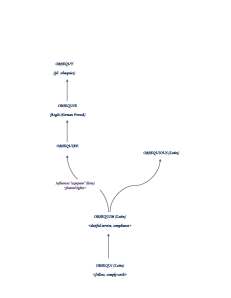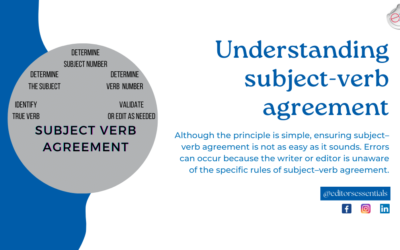John McIntyre, the night content production manager at Baltimore Sun, presents In a Word, a word of the week column in his blog You Don’t Say, Every week McIntyre chooses from a range of endangered words and discusses it, so as to breathe new life into these words. The words are endangered in its true sense – I’ve not come across a word that I already knew.
However, it was a sweet surprise for me when You Don’t Say‘s column discussed “obsequies”. I knew this word. For once in McIntyre’s blog. It meant “trying too hard to please somebody, esp. someone important”. I was totally wrong. Obsequies is a funeral rite or ceremony. I’m disappointed. I know the word, but that was obsequious. The two words looks so similar, and I tried to find their roots. The picture tree would be of help.





0 Comments